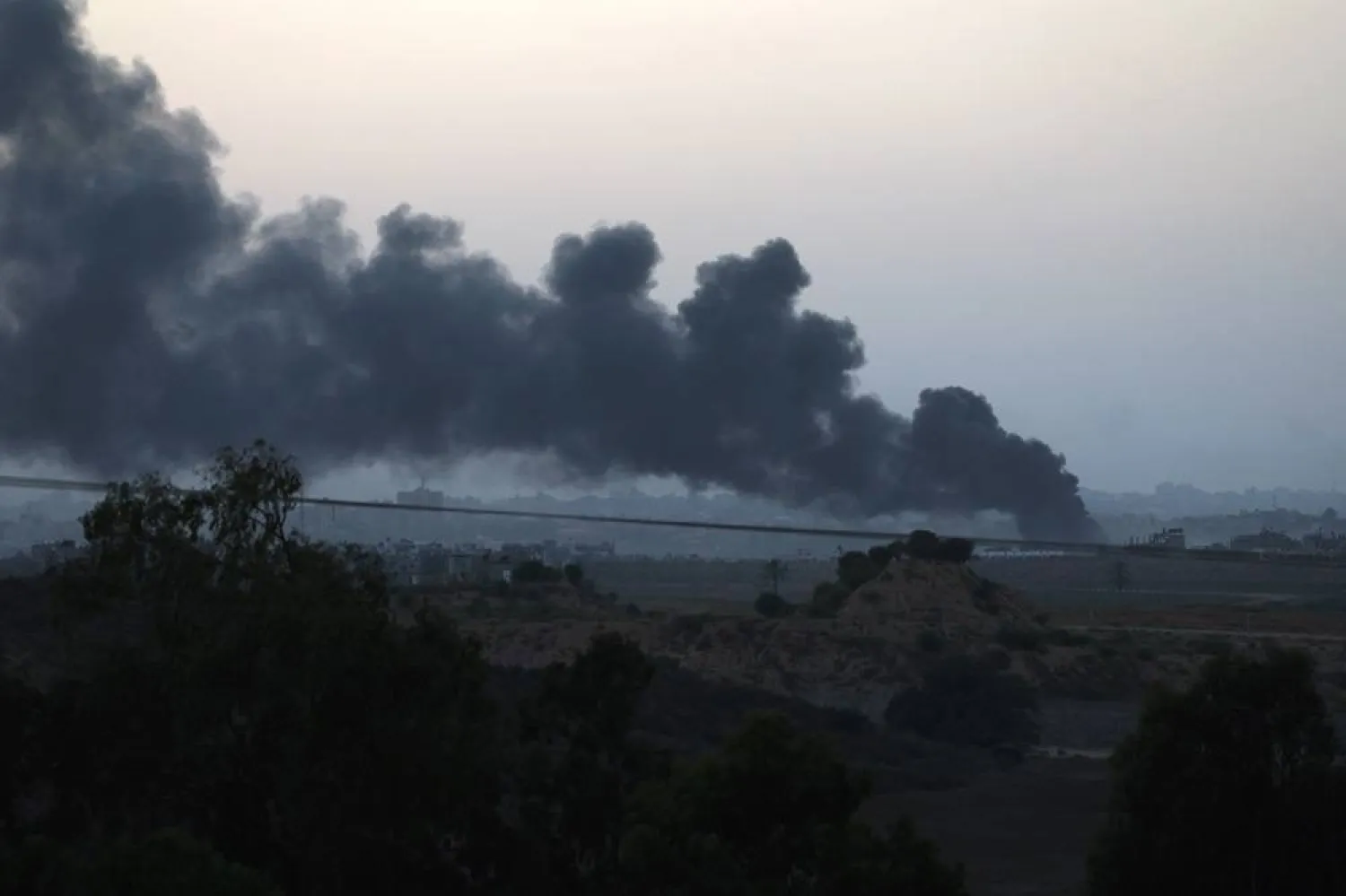Türkiye said Saturday it was recalling its ambassador to Israel and breaking off contacts with Prime Minister Benjamin Netanyahu in protest at the bloodshed in Gaza.
Ankara announced the decisions on the eve of what promises to be a difficult visit to Türkiye by US Secretary of State Antony Blinken.
Palestinian ally Türkiye had been mending torn relations with Israel until last month's start of the Israel-Hamas war.
But its tone hardened against both Israel and its Western supporters -- particularly the United States -- as the fighting escalated and the death toll among Palestinian civilians soared.
The Turkish foreign ministry said ambassador Sakir Ozkan Torunlar was being recalled for consultations "in view of the unfolding humanitarian tragedy in Gaza caused by the continuing attacks by Israel against civilians, and Israel's refusal (to accept) a ceasefire".
Israeli forces have encircled Gaza's largest city while trying to crush Hamas in retaliation for October 7 raids into Israel that officials say killed around 1,400 people -- mostly civilians -- and saw some 240 people taken hostage.
The Hamas-run health ministry in Gaza says around 9,500 people -- mostly women and children -- have since been killed in Israeli strikes and the intensifying ground campaign.
Turkish President Recep Tayyip Erdogan separately told reporters that he held Netanyahu personally responsible for the growing civilian death toll in the Gaza Strip.
"Netanyahu is no longer someone we can talk to. We have written him off," Turkish media quoted Erdogan as saying.
'Stop this'
Israel had earlier withdrawn all diplomats from Türkiye and other regional countries as a security precaution.
The Israeli foreign ministry said last weekend it was "re-evaluating" relations with Ankara because of Türkiye’s increasingly heated rhetoric about the Israel-Hamas war.
Erdogan said Saturday that Türkiye could not afford to entirely break off diplomatic contacts between the sides.
"Completely severing ties is not possible, especially in international diplomacy," Erdogan said.
He said MIT intelligence agency chief Ibrahim Kalin was spearheading Türkiye’s efforts to try and mediate an end to the war.
"Ibrahim Kalin is talking to the Israeli side. Of course, he is also negotiating with Palestine and Hamas," Erdogan said.
But he said Netanyahu bore primary responsibility for the violence and had "lost the support of his own citizens".
"What he needs to do is take a step back and stop this," Erdogan said.
The Turkish leader had taken a far more cautious tone in the first days of the war.
Israel and Türkiye had only last year agreed to reappoint ambassadors after a decade of all but frozen relations.
They were also resuming discussions on a US-backed natural gas pipeline project that could have formed the basis for much closer and more lasting cooperation in the coming years.
But Erdogan led a massive rally in Istanbul last weekend during which he accused the Israeli government of behaving like a "war criminal" and trying to "eradicate" Palestinians.
Still more protests will greet Blinken on Sunday when the top US diplomat begins a two-day visit to Ankara marking the last leg of his Middle East tour.
The IHH humanitarian relief fund -- a group whose attempts to organize a flotilla to Gaza in 2010 sparked Israeli raids that claimed 10 civilian lives -- is organizing a protest march and car rally on a military base in southeastern Türkiye housing US weapons and troops.
The IHH convoy is expected to reach the Incirlik Air Base from Istanbul on Sunday.
Blinken was meeting with Arab counterparts in the Jordanian capital Amman on Saturday after visiting Israel the day before.
But he left Israel empty-handed after urging its leaders to do more to protect civilians in the Gaza Strip.









